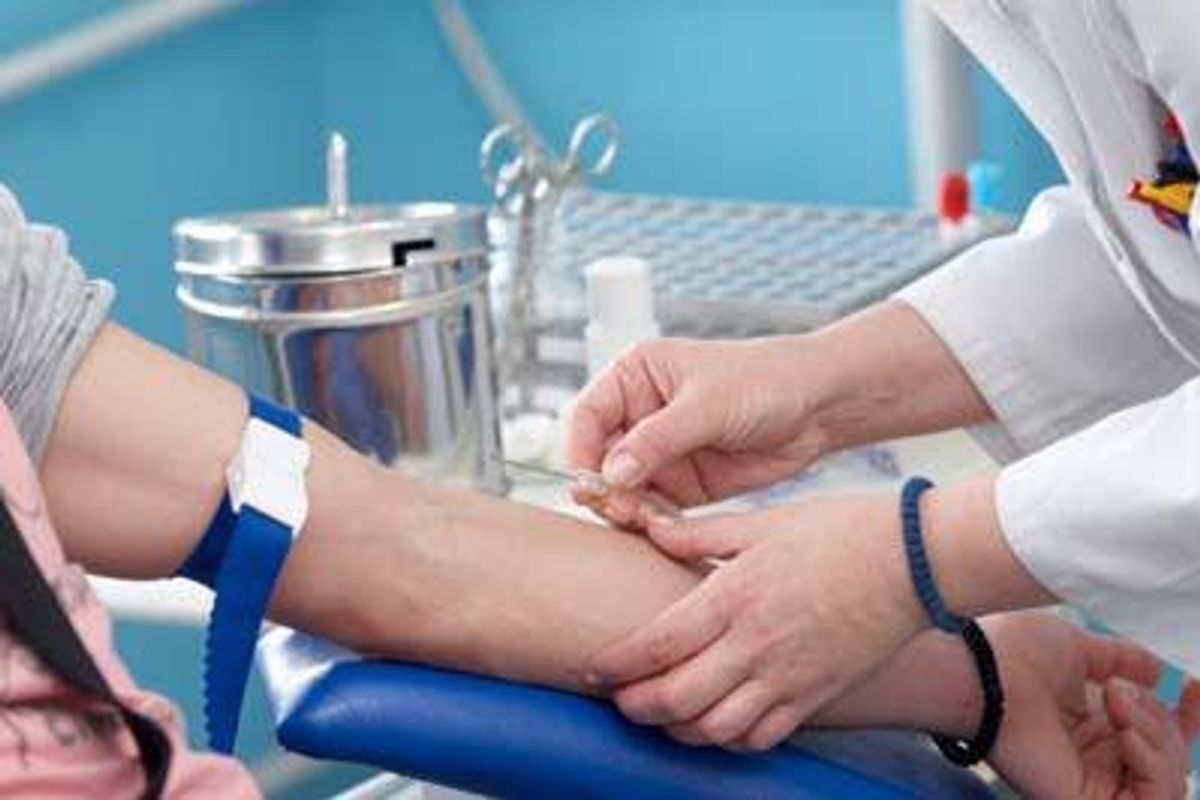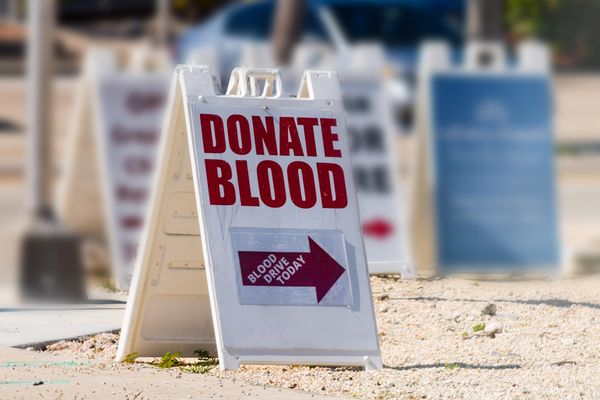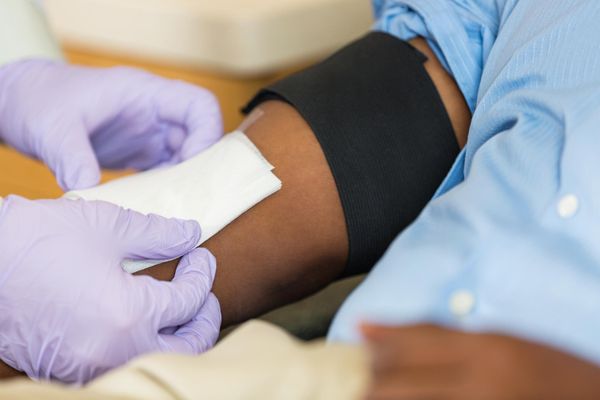By giving a single pint of blood, you may help save as many as three lives. But for many, there is some anxiety over the actual procedure. Knowing what to expect from your appointment can help. Below we answer six common questions about blood donation.
Who can donate blood?
To be eligible to donate blood, you must be in good health and at least 17 years old, although some states permit younger people to donate, with parental consent. Few states have any upper age limit. Generally, donors must weigh at least 110 pounds, and all must pass a physical and health history examination given before donation. "Healthy" means you feel well and can perform normal activities. If you have a chronic condition such as diabetes or high blood pressure, "healthy" also means your condition is controlled with treatment.
Although the U.S. Food and Drug Administration (FDA) sets most blood donation guidelines, some additional criteria are set by the blood donation centers. So this information should be taken as a guide only. Check with your blood center about its specific rules.
Donor eligibility rules are intended to protect the health and safety of the donor, as well as the patient who will receive the transfusion. If you have any kind of medical condition, you should check with your health care professional about donating blood.
Is it safe to donate blood?
There is absolutely no way you can contract any blood-borne diseases by donating blood. All materials used to collect blood are new. They have been sterilized by the manufacturer and never been used before and are thrown out immediately after use.
RELATED: Learn more about blood donation and transfusion
How do I go about giving blood?
If you have any questions, call your health care professional or your local blood donation center. To find the closest blood center near you, call the American Red Cross or the America's Blood Centers hotlines or visit their websites to set an appointment. The American Red Cross and other blood banks do all they can to make blood donation as easy as possible by bringing opportunities to donate to the donors, through work-site and community blood drives.
Should I do anything specific on the day of my appointment?
Follow these recommendations:
- Eat heartily and drink fluids (non-caffeinated, nonalcoholic) before you donate.
- Don't exercise immediately before you donate blood.
- Arrive on time. Most of the people staffing blood centers are volunteers. It's not fair to waste their time, and they try hard not to waste yours.
- Bring either your donor card, driver's license or two other forms of identification.
- Relax during the donation, which only takes about 10 to 15 minutes.
What can I expect from my donation appointment?
When you arrive at the donation center, you'll register and answer a series of questions concerning your medical history. Then a medical staffer will conduct a health examination and measure your pulse, blood pressure, temperature and red cell level.
You may feel a little pain when the needle goes in. Some people don't feel any pain. It might help to look away while the needle is inserted. You'll sit or lie down for about 10 to 15 minutes while a pint, or unit, of blood is collected.
Donating blood is strictly a volunteer activity—there is no payment. There are plasma centers in some cities, however, where you can receive compensation for donating plasma, the fluid that transports blood cells.
RELATED: How to overcome your fear of blood donation
What happens after my donation appointment?
After donating, you should receive a form with a number to call in case you learn after your donation that your blood may not be safe to give to another person. It is very important that you call that number if you discover that you have an infectious disease that can be spread through blood products.
How will you feel after giving blood?
Although most people feel fine after donating, a few have some nausea, a faint or dizzy feeling, or a black and blue mark, redness or pain where the needle entered. This is perfectly normal.
After donating, you're asked to relax for a few minutes while you're served a light snack. While you're resting, ask the nurse for a large glass of water, about 16 ounces. Studies show that drinking water before and after donating can prevent fainting.
After donating, you should avoid muscle exercises, rough movements and heavy activities such as weight lifting or picking up heavy objects for the first four to five hours. Then mark your calendar: You can donate again in 56 days. If you donate every 56 days, you'll be able to donate six times a year. Over your lifetime, you could conceivably donate 48 gallons of blood if you live to age 76!







